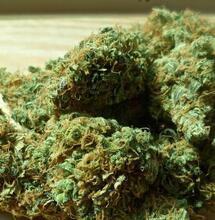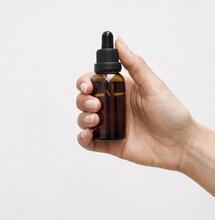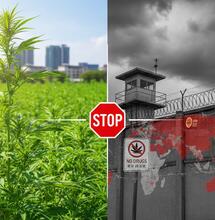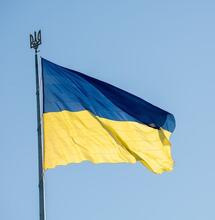Cannabis in Times of War
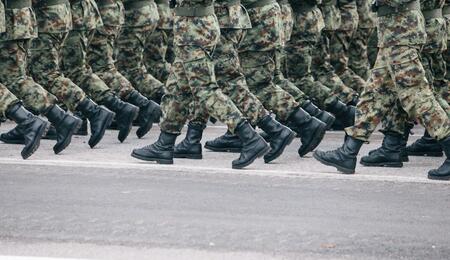
Active members of the military may not be permitted to use cannabis. While recreational use is out of question while on duty, could cannabis still be used when needed as medicine? Can CBD help soldiers and veterans? We analyze the use of cannabis in armed conflicts and recruitment policies based on the Ukrainian and U.S. cases.
Cannabis is an Emerging Tool in the Military World
Looking globally, Cannabis is one of the banned substances within the military. However, global legislative changes and the growing interest in its therapeutic properties have opened the door to new questions: Can a soldier use CBD? What happens if a recruit tests positive for marijuana? How is its use regulated in war zones? Below, we’ll take a look at two separate cases: the role of cannabis in the Ukrainian conflict through the Cannabis with Ukraine initiative, and RAND’s analysis of prior cannabis use among U.S. Army recruits.
Cannabis with Ukraine: Humanitarian Aid with a Therapeutic Approach
The war in Ukraine has left thousands of victims, both civilian and military, with serious physical and phycological consequences. Faced with this reality, the organization Freedom March launched the Cannabis With Ukraine campaign, an international initiative that first and foremost seeks economic and media support to provide aid for one of the most vulnerable groups: the orphans of killed soldiers and civilians. Second, is to help patients with serious conditions, such as wounded soldiers, cancer victims, amputees, and those suffering from neuropathic pain or post-traumatic stress disorder (PTSD).
Many of these patients can benefit from CBD or other medical cannabis treatments, especially in the management of chronic pain, anxiety and symptoms resulting from war trauma. This campaign not only provides financial and health support, but also raises awareness of the need for medical cannabis law reform in humanitarian emergencies.
USA: Can Soldiers Use Marijuana? The RAND Case
In the U.S., where cannabis is legal for more than half of Americans, the herb medicine remains prohibited at the federal level, and the Armed Forces must abide by a strict policy against the use of any drugs and substances. However, in the face of falling recruitment rates, the Department of Defense has begun to reconsider certain positions.
The RAND organization published a key study in 2021, analyzing data from thousands of soldiers who’ve entered the military with prior marijuana exemptions. The result? These recruits did not underperform or generate more problems than those who had not used cannabis.
“Waivered recruits and recruits with a documented history of marijuana or behavioral health conditions are not uniformly riskier across all dimensions. In some cases, they are historically more likely to perform better,” according to the report.
The findings of the study imply that past marijuana use is not necessarily a negative indicator, and that military policies could evolve toward fairer, evidence-based criteria without jeopardizing discipline or performance.
Is CBD Safe for Active Duty Soldiers?
Unlike THC, CBD is not psychoactive. It does not generate a ‘high’ and is legally used in many countries to treat anxiety, insomnia, conditions of pain, or insomnia, to name just some of its most common medicinal uses. However, in the military context, its use poses several challenges:
- Risk of THC contamination: many CBD products contain trace amounts of THC, which is enough to produce a positive drug test.
- Lack of clear regulation: in many militaries, CBD is neither explicitly permitted nor prohibited, which creates confusion.
- Military discipline: even if legal outside the service, the use of cannabinoids may be perceived as incompatible with the image or demands of the uniform.
For these reasons, many experts recommend that soldiers and enlisted men should refrain from using CBD during service, except if it’s mandated by a doctor and with the knowledge of the command.
Between Medicine, Compassion and Regulation
Cannabis, and particularly CBD, is emerging as a potential ally in the treatment of war trauma and other pathologies associated with the military. Initiatives such as Cannabis With Ukraine show that even in the midst of conflict, there is room for humanitarian and compassionate policies. For their part, studies such as RAND’s invite us to rethink prejudices and update regulations so that a recruit’s past does not nullify his or her future as a soldier.
The key is to balance security, public health and individual rights, by building systems that recognize the therapeutic potential of cannabis without compromising discipline and operability.
More on this topic from Soft Secrets:




